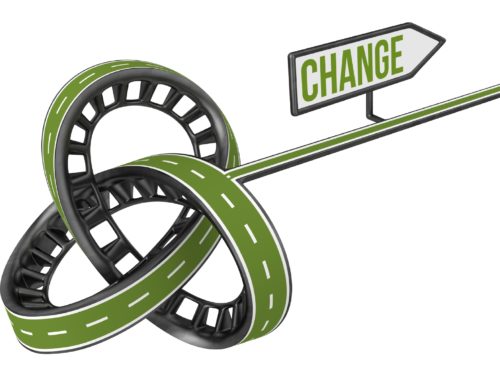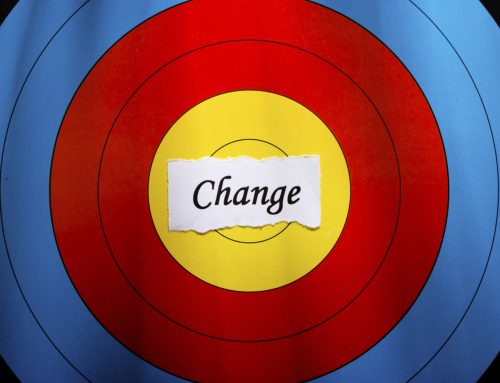Picture yourself on Oil Creek near Titusville, Pennsylvania in 1859. Edwin Drake, a retired railroad man, is months behind schedule and running out of money. His new idea to drill for oil using pipe to prevent the bore hole from caving in has made him a laughing stock among the community and his employees.
On August 27, Drake’s crew called it a day after their drill bit hit a crevice at a depth of 69.5 feet. They returned the next day to find oil coming up from the hole. Edwin Drake immediately went from incompetent to innovator.
What do you suppose they were thinking when Drake’s drilling rig struck oil?
Most likely, his success went unnoticed beyond the entrepreneurs that quickly copied his methods. Even among those early adopters, it is doubtful that they envisioned what is known in Texas as “the oil bidness and all that that implies.”
Why You Should Care About Drake’s Invention
I recently attended a conference on Artificial Intelligence sponsored by Globant, an international leader in creating digital journeys. Guibert Englebienne, the company’s co-founder and Chief Technology Officer, opened the conference with these words, “Data is the new oil.”
Oil production influences global policy decisions, labor markets, interest rates, and armed conflicts. It has become the flash point for geopolitical alliances and crisis. It would be surprising to see anything in your immediate surroundings that didn’t utilize oil or a petroleum-related product in its manufacture or distribution.
The magnitude of Englebienne’s statement lies in understanding that we are still relatively early in our understanding and development of how to capture data and use it to inform both artificial and native intelligence. You might even say that today is big data’s 1859.
If data is the new oil, Artificial Intelligence will be at the core of every aspect of our lives. Access to the best data will determine the global winners and losers just as oil does today.
What This Means for You
You are on – or at least near – the ground floor for a radically transformed future. Here are three areas to prepare yourself and your organization to flourish in it.
1. Set the boundaries now.
We are quickly approaching a time when if you can think it, the data will be available to do it.
Sara Nagy, Principal Program Manager for Microsoft AI, told conference attendees that artificial intelligence is currently at parity with humans in the areas of vision, speech, and language. It is empowering organizations to transform industries, developers to innovate, and people to transform society.
Is there any doubt that advanced reasoning is on the horizon in the not too distant future given the vast amounts of available data available? This opportunity is tremendous except for one crucial factor … humans and our ability to push the limits of propriety for a quick advantage.
The “ethics of AI” isn’t a theoretical topic. Now is the time to set boundaries about what types of information will be captured and how it will be collected.
2. Proactively tap known and unknown information.
Less than 50% of the structured data available to organizations is actually used to make decisions according to Josh McGinley, Strategic Cloud Engineer for Big Data at Google.
More important, less than 1% of the unstructured data that exists in your organization is utilized to make better decisions.
As good as you are now at collecting and analyzing data, the demand will be even greater in the future. You will need every spec of available information to be as effective as you want to be. It is time to up your investment to identify, collect, and use data to make better decisions.
3. Look to the future to solve today’s problems.
Awareness of a potentially different future doesn’t ensure preparation for it.
The first international urban planning conference was held in 1898—39 years after Drake’s first oil well. The main agenda item was solving the problem of horse manure in major cities. The conference was planned for 10 days, but the attendees decided to go home after three since they had made no measurable progress. Apparently, no one saw the automobile as a potential solution.
This is an exciting time to be a leader. Will you be a spectator that watches transformation occur, or will you be an active participant? What steps can you take right now to prepare yourself and your organization to get in on the ground floor of the opportunity?
Randy Pennington is an award-winning author, speaker, and leading authority on helping organizations achieve positive results in a world of accelerating change. He has over 30 years’ experience helping organizations build a culture that can flourish in the midst of change. To bring Randy to your organization or event, visit www.penningtongroup.com , email info@penningtongroup.com, or call 972.980.9857.





